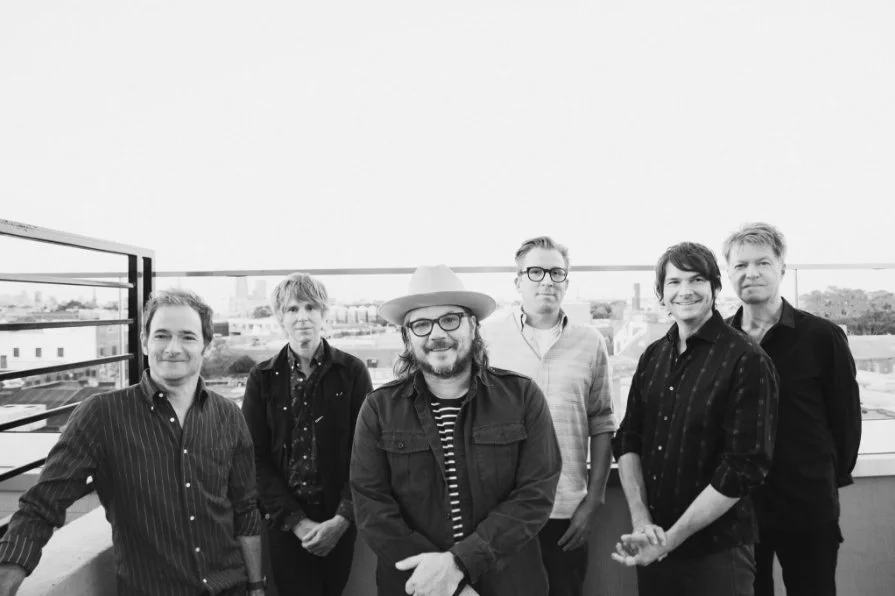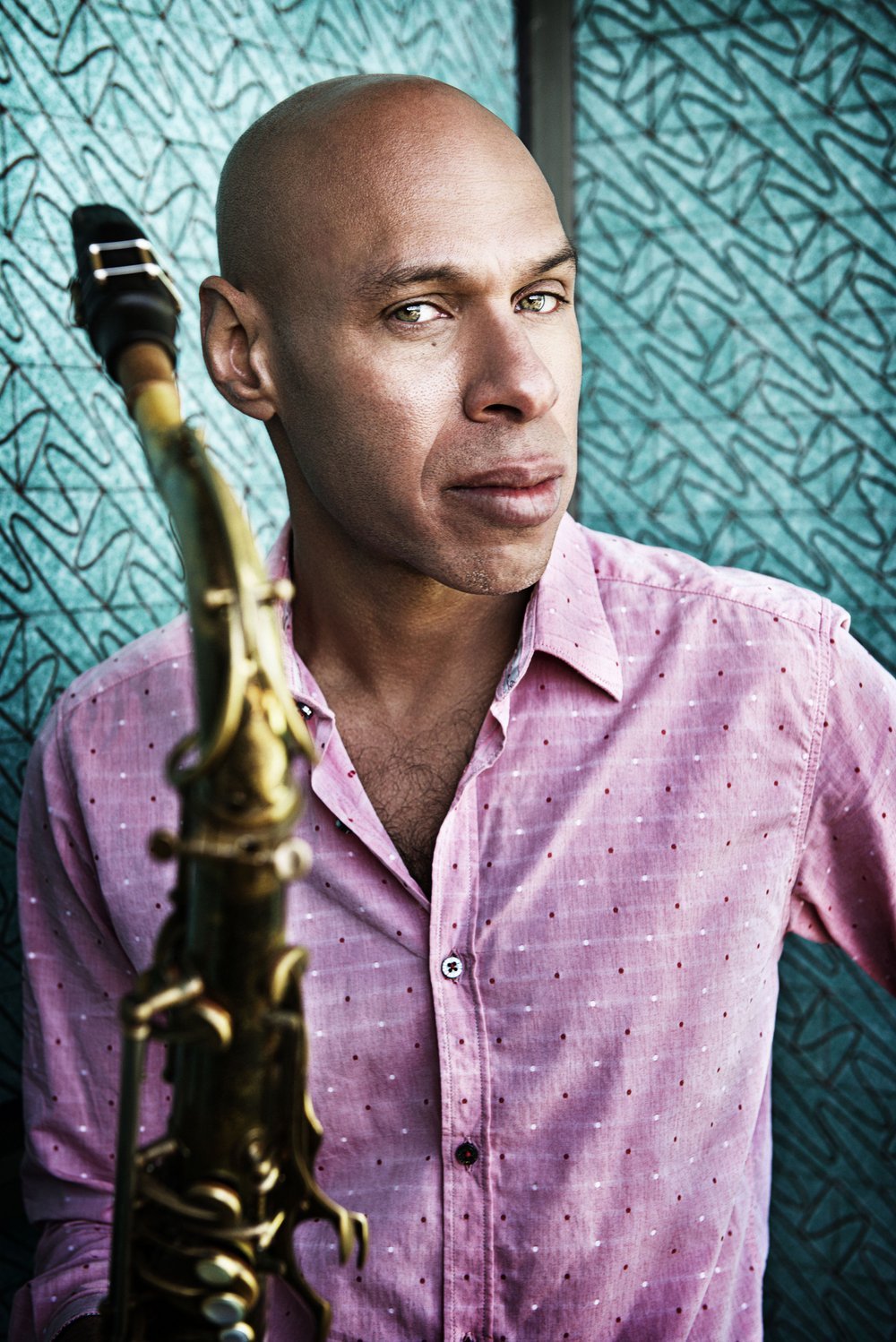1) Wilco, “Cousin” / “Oh, I love the rain / And how the rain can turn / Shit into a rose”
On “Pittsburgh,” which comes late on the tracklist of Wilco’s latest, Jeff Tweedy sings these lines in conversation with steady acoustic strumming and shimmering, magnetic fields of sound. This seems the great project of Wilco’s career, especially its later records: showering some rain on everyday anxiety and expanding sorrow to see what blooms.
Here, in collaboration with producer Cate Le Bon, the band grows its own unique roses. They keep well the company of previous records that live in the middle tempo, but Wilco and Le Bon really explore specific figures and explode small moments to distinguish each tune from their 21st-century canon so far.
2) Dessa, “Bury the Lede” / Dessa needs no cool points from me. The creative polymath can write and deliver just about anything, and does so with remarkable insight. And yet, I feel like offering a plus-10 for the journalism-related title of her new album (and plus a million for all the stormy songs therein, where Dessa’s personal and creative cool meet warm fronts of love, loss, desire and ambition).
3) Joshua Redman, “Where Are We” / Keeping company with exquisite vocalist Gabrielle Cavassa and a number of other superlative musicians, the saxophone luminary leads listeners on a soulful, sometimes heartbreaking tour of America in song. We find the streets and scenes of Minneapolis, Chicago, Phoenix, San Francisco and more in the songs of Springsteen, Monk, Coltrane and Redman himself. This is an affectionate portrait, and one that quietly shakes the ground beneath us.
4) Percival Everett, “Telephone” / A word I easily tire of is “gutted.” As in, that piece of music, literature or film gutted me. If the word still holds any meaning, perhaps it applies to this 2020 Percival Everett novel, which forks one theme in two directions: helplessness, the kinds one feels in the face of something as large and immovable as a child’s diagnosis or the trouble of human trafficking.
Here, one geology professor meets both forces and begins to buckle and bend at his own difficulty in changing the world. This father felt in time and fell in rhythm with Everett’s protagonist; his desire to do something, and finding something a fraught term, resonated in a staggering way.
5) Angela Janda, “Dear Maggie Smith:” for HAD / The title of Janda’s poem captured my attention: Smith is one of my favorite writers, someone who found her way into the title of my own essay last year.
And quite immediately, I felt pulled into the world of this poem: its crucial questions (“Am I desperate for them to love the world or am I homesick for how they love the world?”), its almost painfully clarifying imagery (“Motherhood as turning up the radio, motherhood as turning from Golden Gate to Juan Tabo toward the second school”), its perfect emotional pacing.
As an “after” poem, this is a fitting tribute to Smith: tender and empathetic yet unapologetic; as an expression of its maker and kindness to the reader, it reveals light the deeper and darker it goes.



